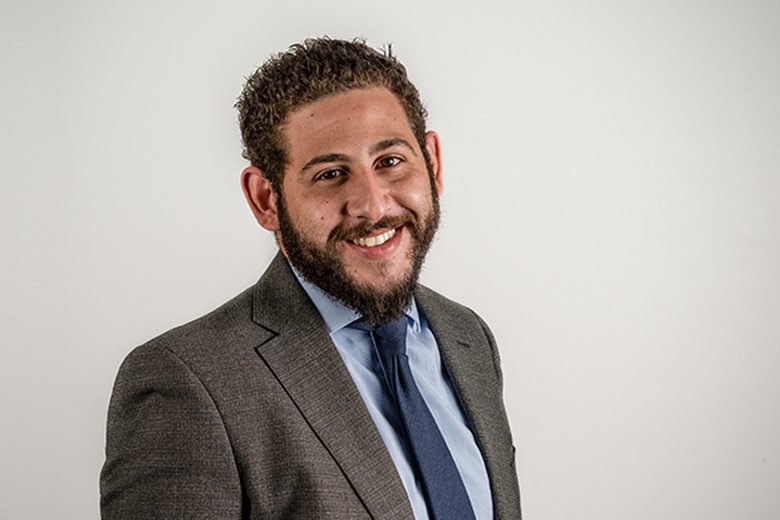

The longer the Qatar crisis continues, the greater the pressure on Sheikh Tamim
As the shockwaves of the Qatar diplomatic crisis that has engulfed the region continue to spread, the question is now about how Doha should respond.
Riyadh, Abu Dhabi, Cairo and Manama have led accusations that Doha supports non-state and terrorist organisations across the region.
Qatar has strongly denied these claims despite a track record of relations with groups such as Egypts Muslim Brotherhood, Palestines Hamas, the Taliban and more recently the Al-Nusra Front fighting in Syria.
Other accusations include the type of news and commentary reported by the state-owned Al-Jazeera network. There have been calls from Riyadh to shut down the satellite broadcaster, although there has been no response from Doha on this issue.
The severity of the sanctions imposed on Qatar, which have already elicited fears of food shortages, could involve Doha adopting a much more apologetic position in order to restore relations.
While it is difficult to predict the outcome of the crisis, Qatar could find itself in a position where a resolution can only be achieved if it publicly denounces groups such as the Muslim Brotherhood, apologises to its GCC neighbours and even apply changes to those in charge at Al-Jazeera.
All of these remain on the table as talks mediated by Kuwait get under way.
The spat has isolated Qatars Emir Sheikh Tamim bin Hamad al-Thani and the rulers engagement in the dialogue will be a key determinant in the outcome of the crisis.
Riyadh and Abu Dhabi want a radical change in Qatars foreign policy. It is unclear whether or not they also want a change in personnel.
Qatar has a history of swift leadership change. In 1995, Sheikh Tamims father Sheikh Hamad bin Khalifa al-Thani overthrew his father in a bloodless palace coup. Then in 2013, Sheikh Tamim ascended to power and was the first ruler in a succession of three Qatari rulers from the Al-Thani family to assume the position of emir without resorting to a coup.
We are already seeing speculation about a possible change of leadership in Qatar. So far this appears to have been fuelled mostly by Saudi media outlets, which presumably are following Riyadhs desired position.
It is inevitable that this noise will increase as the crisis continues, and the only thing we can say with any degree of certainty at this stage is that Sheikh Tamims position will become increasingly uncomfortable the longer the dispute continues without resolution.
You might also like...

Contractors win Oman Etihad Rail packages
23 April 2024

Saudi market returns to growth
23 April 2024

Middle East contract awards: March 2024
23 April 2024

Swiss developer appoints Helvetia residences contractor
23 April 2024
A MEED Subscription...
Subscribe or upgrade your current MEED.com package to support your strategic planning with the MENA region’s best source of business information. Proceed to our online shop below to find out more about the features in each package.








